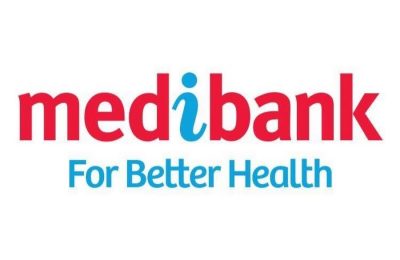
The private health insurance rebate is an amount the government contributes towards the cost of your private health insurance premiums.
The rebate is income tested which means your eligibility depends on your income for surcharge purposes. If you have a higher income, your rebate entitlement may be reduced, or you may not be entitled to any rebate at all.
If you are eligible for the rebate, you can claim the rebate either:
- through your private health insurance provider – your private health insurance provider will apply the rebate to reduce your private health insurance premiums
- when you lodge your tax return – as a refundable tax offset.
The rebate can be claimed for premiums paid for a private health insurance policy that provides:
- private patient hospital cover
- general cover (commonly known as extras), or
- combined hospital and general cover.
The government does not give this rebate on the lifetime health cover loading component of a policy.
The rebate percentage is adjusted on 1 April each year.
On this page:
Private health insurance and the Medicare levy surcharge
You may be required to pay the Medicare levy surcharge (MLS) if:
The rate of MLS depends on your income for MLS purposes. This applies unless you (and your dependents, if you have them) are exempt from paying the Medicare levy.
See also:
Appropriate level of private patient hospital cover
Private patient hospital cover is provided by registered health insurers for hospital treatment provided in an Australian hospital or day hospital. You must arrange and pay for your cover directly with the insurer.
For singles, an appropriate level of cover must have an excess of $750 or less. Couples or families must have an excess of $1,500 or less.
If your private health insurance policy doesn’t provide an appropriate level of private patient hospital cover, and your income for MLS purposes is above a certain threshold, you may have to pay the MLS.
General cover, commonly known as ‘extras’, is not private patient hospital cover. It covers items such as optical, dental, physiotherapy or chiropractic treatment.
Travel insurance is not private patient hospital cover for the purposes of the MLS. Similarly, private patient hospital cover does not include cover provided by an overseas fund.
If you prepaid your private health insurance
If your private health insurance premiums for the current year were paid in a previous financial year (that is, prepaid), you can’t claim a rebate for that in the current financial year. You claim your rebate in the financial year in which the premiums are paid, not in the financial year for which it is paid. For example, if your 2020–21 premiums were paid in 2019–20, claim your rebate in your 2019–20 tax return, not in your 2020–21 tax return.
However, you still need to enter the private health insurance statement details in your current year’s tax return. This will confirm you had an appropriate level of private patient hospital cover during this time and ensure we don’t charge the Medicare levy surcharge.
See also:
If you have private health insurance, you may be eligible to receive a private health insurance rebate. The rebate is an income tested amount the government contributes towards the cost of your private health insurance premiums.
Source



